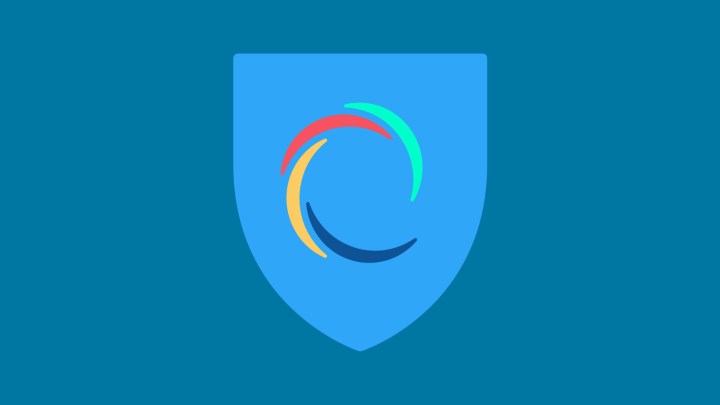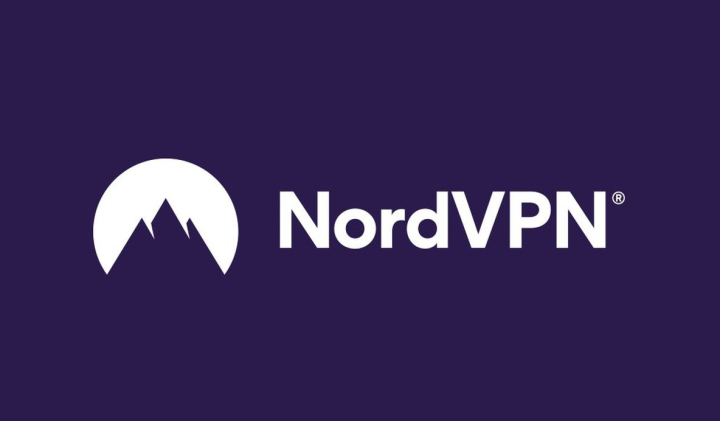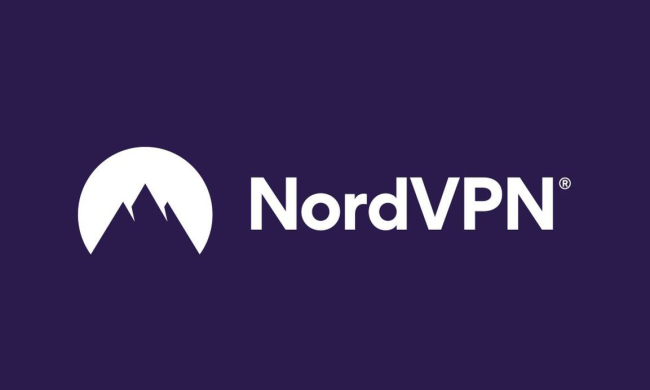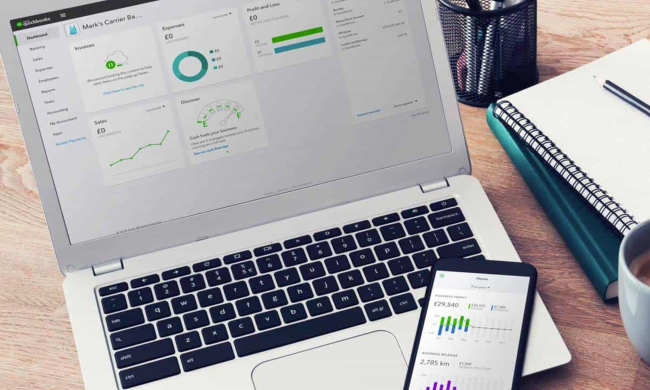A virtual private network is a great thing to have in your digital toolbox today, but if you’re new to all this and just want to give one a spin, then it’s not a bad idea to look for a good VPN free trial. The good news is that many of the best VPN providers do offer a free VPN trial to new subscribers (or at least a no-questions-asked money-back guarantee period, which effectively lets you try out their service without being locked into a contract), meaning you don’t have to commit to a costly plan before you’re 100% sure it’s what you need.
Some virtual private network operators even offer free plans. Although a paid service is almost always going to be better, faster, and safer than even the best free VPNs, this is still an option worth looking into if you just want to see what a VPN can do on the most basic level. Whatever your situation is, though, if you’ve arrived here, it’s because you’re hunting for a free VPN trial — and we’re here to help you find it. Below, we’ve rounded up a list of all the top services that offer a VPN free trial in 2021, along with some answers to any questions you might have.
NordVPN
NordVPN has been our favorite virtual private network service for quite some time now, and we’re not the only ones — far from it, in fact, considering that NordVPN remains the most trusted provider on the market today. You may have heard of NordVPN before even if you’re still asking, “what is a VPN?” Without getting too far into the weeds with details, just know that NordVPN has everything we look for in a good virtual private network: It’s fast, it’s reliable, it’s secure, it gives you several different encryption protocols to choose from (if you’re picky about that sort of thing, anyway), and it works well across multiple types of devices and software interfaces.
One noteworthy feature of NordVPN is split-tunneling, which allows you to select which sites and services you want to route through the VPN and which ones you want to remain on the “clearnet.” You might want your web browsing traffic to be on the VPN, for example, but may not necessarily need or want your online gaming sessions to be run through remote global servers. That breadth of features and customizability is what keeps NordVPN at the top of the list of the best VPNs. More good news is that it’s actually one of the cheaper services (as low as $3.30 per month if you sign up for the two-year plan), and one that offers a 30-day money-back guarantee that serves as a VPN free trial period.
ExpressVPN
ExpressVPN is another top contender for the best virtual private network, with the caveat that it’s a bit more expensive than others including NordVPN. The advantage of this service is that it offers one of the widest selections of remote servers of any network operator — the provider boasts a spread of servers in more than 90 countries (160 locations altogether) throughout the globe, with excellent coverage in high-traffic regions like Europe and North America. That makes ExpressVPN an attractive option for users who are particular about the end-point for their VPN connection for things like streaming or government censorship that employ region-based content restriction.
When we tested ExpressVPN, we liked how easy it was to set up the VPN and run it on multiple devices. It is, as we mentioned, a little pricier than some others (the best value is the $100 yearly package, which averages to $8.32 monthly), but if you’re looking for the best VPN to bypass regional content restrictions, ExpressVPN is arguably the top choice. It also offers a 30-day risk-free money-back guarantee if you want a free VPN trial before you commit to a recurring subscription plan.
Surfshark
NordVPN is a great value if you sign up for its two-year plan, but if you’re looking for a top-tier virtual private network that’s even cheaper, then Surfshark is another trusted provider and one of our favorites. With more than 3,200 servers in 65 countries, its server network isn’t quite as large as that of its biggest competitors, but that won’t be an issue for most users. It’s fast, reliable, secure, and does what you want a VPN to do. Best of all is the fact that there is no limit to the number of devices you can use Surfshark VPN on simultaneously, making it a great choice for family homes and local office networks.
If you’re looking for a VPN free trial with no device limitations, Surfshark is a fine choice that offers the same 30-day refund window as NordVPN and ExpressVPN. Better still is its unbeatable price: The two-year plan is billed at $60 for your first two years, which comes to about $2.50 month-to-month (just bear in mind you have to pony up the cash in advance). With a virtual private network that’s this cheap, there’s really no reason to even bother with sub-par free VPNs which won’t offer protection that’s nearly as comprehensive.
IPVanish
Another one of the best VPNs is IPVanish, which offers an optional data backup and recovery service as an add-on to its virtual private network. Along with letting you tunnel your connection through one of the 1,600-plus servers that IPVanish operates in 75 countries, its VPN + Backup plan allows you to select folders and files that you want to automatically keep uploaded to remote and secure cloud storage. This shields you from potential ransomware attacks by preventing your sensitive data from being held hostage, and it’s also useful in the event of a hardware or software failure that renders your local data inaccessible. And, like Surfshark, the IPVanish VPN has no restrictions on the number of devices you can use it on simultaneously.
IPVanish offers its own VPN free trial in the form of a 30-day money-back guarantee, with one catch: It only applies to the yearly plan. We’re not sure why that is, but if you try it and find you like the VPN, you should sign up for the yearly plan anyway because it’s going to be a better value (this is true of all of these services, not just IPVanish). Also note that there are two plans to choose from. The standard package includes just the VPN service for $45 for the first year, or you can grab the VPN + Backup plan for $50 for the first year. These average to $3.75 per month and $4.58 per month, respectively.
Hotspot Shield

If speed is your number one priority — maybe you’ve given some other free VPN trials a test run and found them to be too sluggish for your needs — then Hotspot Shield is worth a look. Virtual private networks reroute your connection through remote servers (i.e. you’re connecting to a remote server before whatever site or service you’re accessing, rather than connecting to the site or service directly), and one unfortunate side-effect of using a VPN is that download and upload speeds can suffer a little. That’s not a problem for most things but can become a noticeable issue for bandwidth-heavy activities such as gaming or 4K streaming.
Hotspot Shield attacks this problem by offering market-leading connection speeds of up to 1Gbps. This isn’t an idle boast, as this VPN operator has indeed been named the fasted virtual private network by Speedtest.net. Another notable benefit is that Hotspot Shield offers a genuine 7-day VPN free trial along with a 45-day refund period. There’s even a free VPN plan, although speeds for that are capped at 2 Mbps. The annual Premium plan costs $96 (averaging to $8 per month) for five devices. A 25-device Premium Family plan is also available for $144 per year.
What is a VPN free trial?
Free trials for paid services typically work like this: You create an account to sign up for the service, enter your payment information, and then get to enjoy that service for a set amount of time — usually somewhere between a week and 30 days — before the automatic recurring charges kick in. A VPN free trial generally works differently in that you still have to pay for the subscription period upfront (be it a month, a year, or even longer), but you then have a set length of time during which you can cancel your plan for a full refund at any given time. This “money-back guarantee” period usually lasts for 30 days, which is ample time to give the VPN service a thorough tryout and decide if it’s a good fit for online habits and local network setup.
Should you use a VPN free trial?
In our opinion, a VPN free trial should only be used as just that — a trial. The same goes for free VPNs. If you want real protection and the full suite of features, multi-device coverage, encryption protocols, connectivity speeds, and other benefits (not the least of which is peace of mind) that you get with a proper virtual private network, you should pony up the cash for one of the best VPN providers we mentioned above. The good news is that they’re pretty cheap for all they give you, and all of the ones listed offer a money-back trial period if a service you signed up for ends up not jiving with your digital lifestyle.
Is there a commitment with a VPN free trial?
Other than the fact that you usually have to pay up-front and cancel it yourself before your trial period is up, no, there’s no commitment. The money-back-guarantee ensures that if you sign up for a service and end up changing your mind before the VPN free trial period is up, you can cancel your plan and get your cash right back. That said, if you change your mind after the refund window is closed, you’re likely to have a hard time getting your money returned to you if you cancel your subscription. If you signed up for a service, make sure you give it a good try-out and test out everything before the free VPN trial period is over.
Should you use a free VPN or a VPN free trial?
A VPN free trial is always going to be better, faster, and safer than a free VPN. The most basic reason is that when you sign up for a paid virtual private network plan with a money-back guarantee period, you’re not getting a limited or “free” version of that service. You’re getting the whole shebang: All the features, software, device coverage, bandwidth, upload/download speeds, server options — everything the VPN has to offer.
That’s not the case with a free VPN, which will be extremely limited in terms of network speeds, encryption protocols, server selection (if you’re even allowed to choose this), and so on. That’s even before you consider the fact that few things are truly free; there’s always a price to be paid, and in the case of free VPNs, companies generally recoup their costs by collecting and selling data. That negates much of the point of using a VPN in the first place, and it also means you can pretty much forget any sort of no-logging policy. Our recommendation? Give so-called “free” VPNs a wide berth and sign up with a trusted service that offers a money-back trial period instead.
Can you do a VPN free trial without a credit card?
Typically, no. Free trials for any service normally require you to create your account and then sign up for the service, which means entering some sort of payment information (although online payment services such as PayPal might be an alternative to entering your credit or debit card info). Then the VPN free trial period begins, meaning you won’t be charged until after a certain date. After the trial period dries up, your recurring subscription fees kick in.
That’s also naturally the case with “money-back guarantee” periods, which is what you’ll usually get from top VPN providers rather than standard free trials. You have to pay up-front — meaning you’ll need to enter your payment information when you sign up — but you have the option to get a full refund during the trial period. If you really don’t want to enter your payment information, though, then you might want to give one of the free VPN tiers a try, but only if you fully understand and accept their limitations and drawbacks.
Why do VPN free trials exist?
As newbie-friendly as the best VPN services are nowadays, providers understand that some people might be wary about fully committing to a monthly or yearly (or even multi-year) subscription plan with no ability to get out of the contract. A VPN free trial period gives new users sufficient time to give the service a spin, get a feel for its capabilities, and decide if it’s a good fit for their needs before fully committing to a subscription.
It can also take a bit of time to really give a virtual private network service a proper try-out. You’ll probably want to install and use it on multiple devices, get a good feel for the user interface and all the features available, stress-test its connectivity speeds and encryption capabilities on the sites and services you use most throughout the day (such as your favorite streaming apps), and so on. That takes a little bit of time. It’s simply good customer service to give new subscribers the chance to do this with the option for a refund if a VPN proves not to be a good fit. This is a market that depends heavily on trust, and the best virtual private network operators aren’t trying to rope you in and steal your money.






